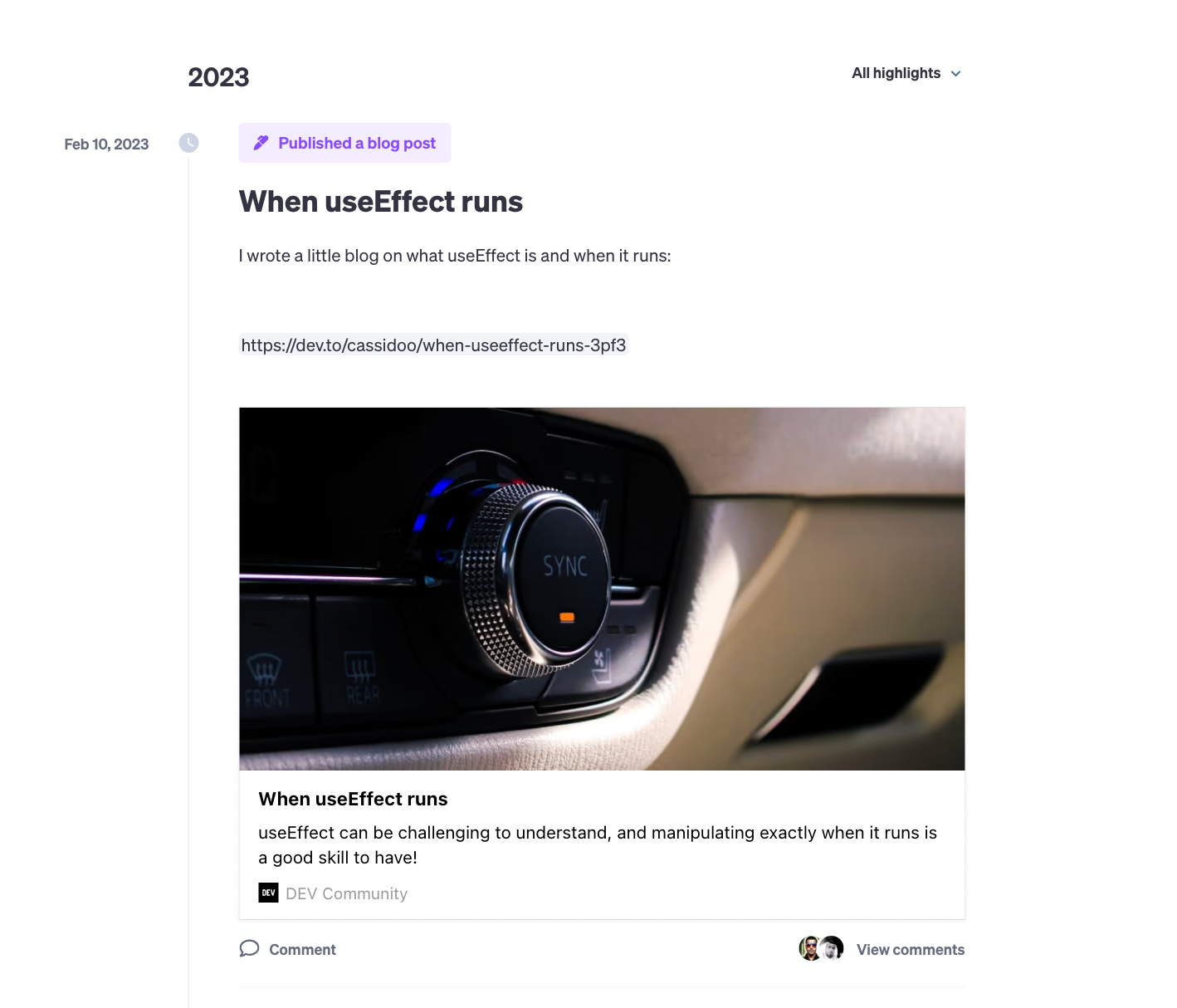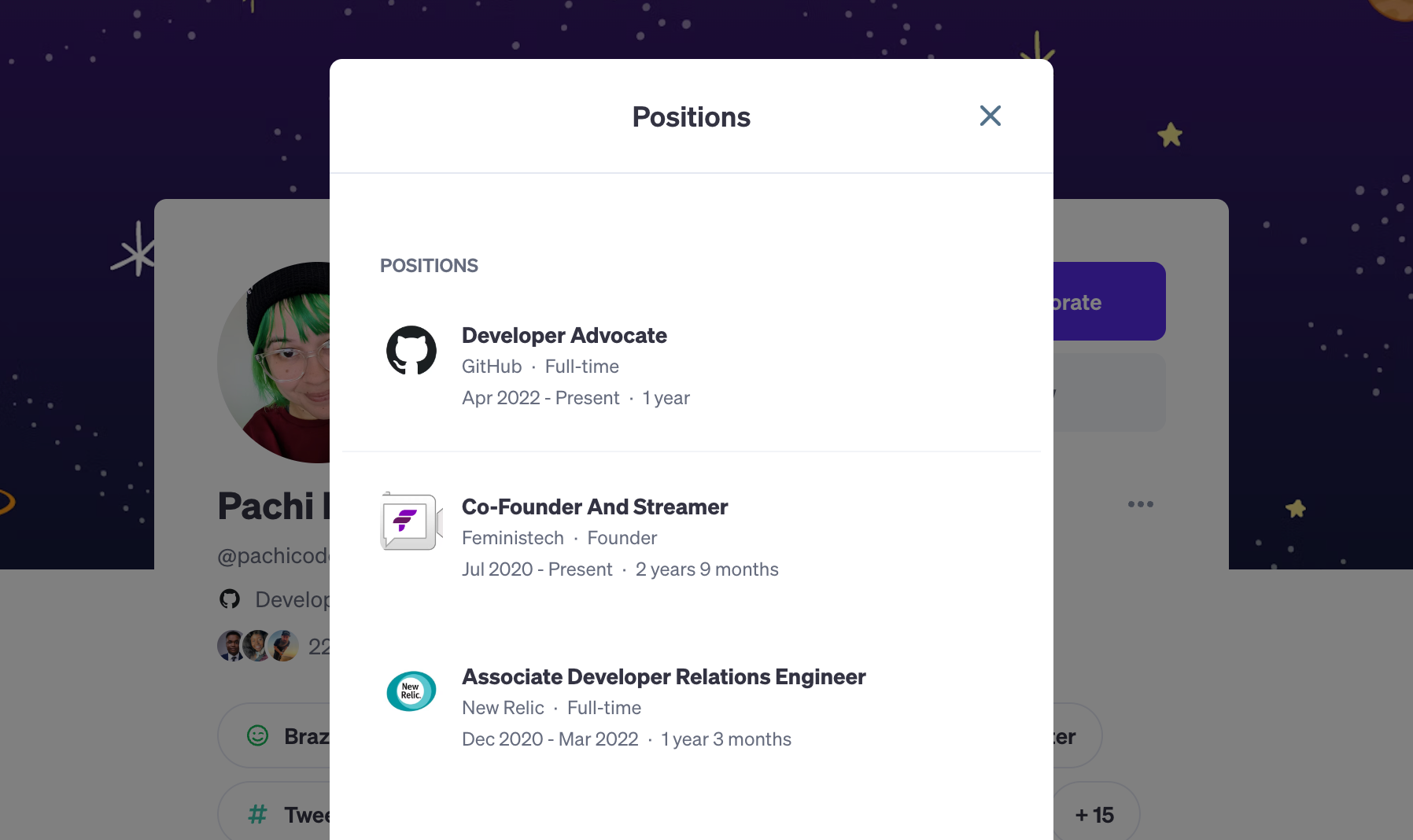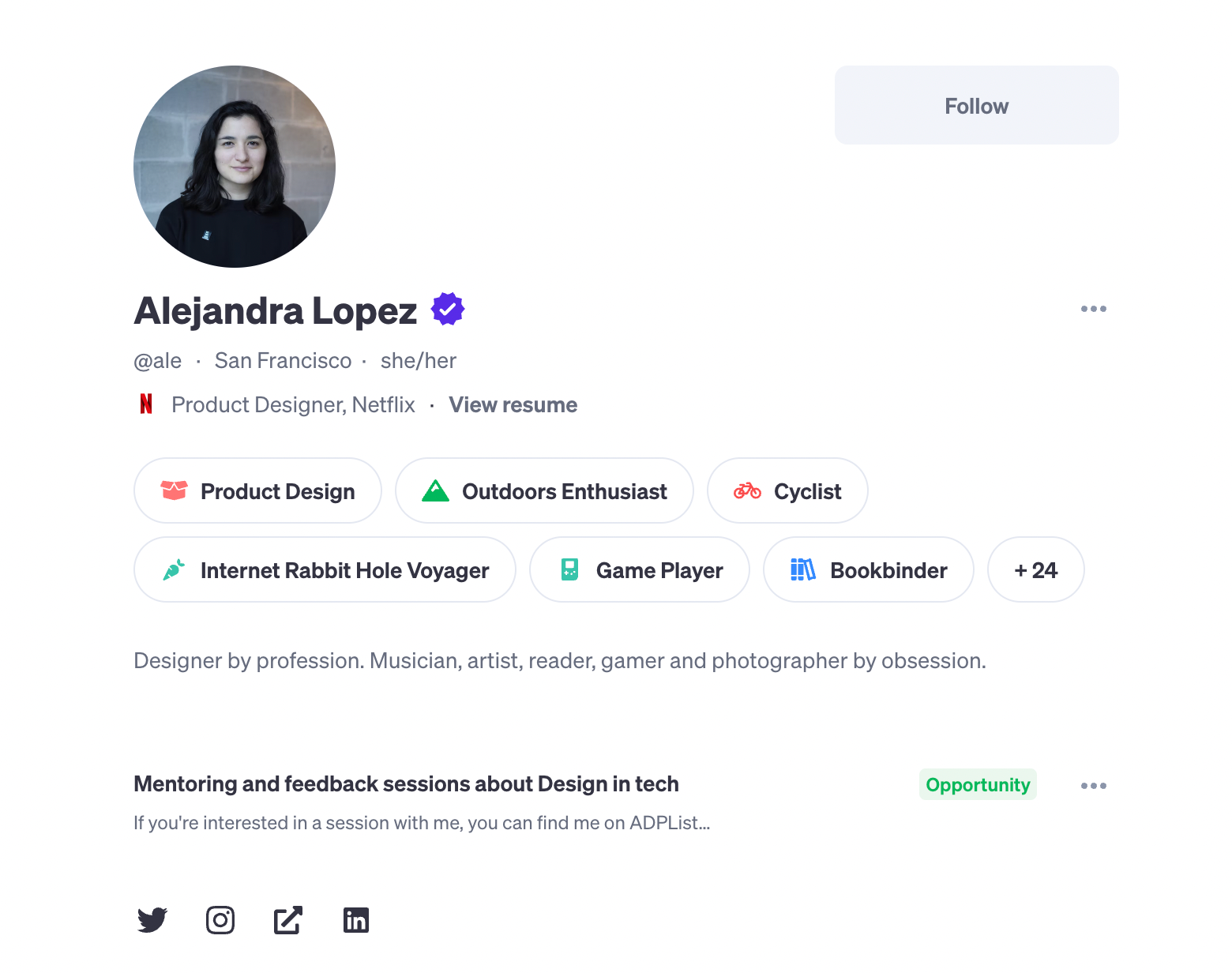How we present ourselves online has become as important as our in-person reputations. Layer on the importance of pivotal life inflection points, such as attending the college of your dreams and building a career on your own terms, and it’s easy to see the massive implications of ignoring your digital footprint. So, is a portfolio website the best way to showcase your best self? It depends on several factors.
Here, we hone in on two pivotal timeframes — before and during your career — to consider weighing the pros and cons to creating an online portfolio site.
How an online portfolio impacts your work career
It’s no longer a question of whether we can shield our digital identities — it’s how best to control the narrative of your search engine results. The first step to putting yourself in the most advantageous position possible is to consider the outcomes you’d like to achieve through a personal website. Those could include:
1. Building your brand
Your website may be the first touchpoint for potential employers who’d like to learn more about your work — and arguably as important, non-work — identities. This also presents an opportunity to establish your personal brand and communicate your values and strengths in your own words and terms.
2. Showcasing your work
Words will only take you so far, though. Your online portfolio needs to be just that — a curated collection of your best skills and outputs. In turn, this full picture of your portfolio will make you all the more attractive to potential clients, employers, or collaborators. For example, Cassidy Williams showcases her projects via Polywork's Highlights feature.

3. Networking
Where you house your portfolio website can be just as important to forging the relationships that can create future opportunities. For one, it can help you connect with other professionals in your industry and expand your network of future colleagues, collaborators, or clients. Here's an example with Github Developer Advocate Pachi Parra.

4. Career advancement
Online portfolios also serve to advance your current or new career paths. Applying to jobs with a traditional resume that shows experience rather than potential, will have a direct impact on your ability to turn a side hustle into a new career. As more people identify as multi-hyphenates, a portfolio website gives you a chance to stand out — not only from the competition, but to also increase your chances of landing your next dream career or project.
Making a case for an online resume before (and after) college
While a portfolio website will not likely be a requirement for your college application, it can be a great way to stand out and increase your chances of success, not to mention set you up for future opportunities when you graduate. Here’s why you may want to consider an online portfolio:
1. They help you show off your achievements, skills
There’s few places to give colleges (and potential internship employers) a full picture of your achievements and skills without losing the person behind them. As we mention above, it’s just as important to take back control of your brand and narrative — a portfolio website can showcase your skills, achievements, and projects beyond the allowable in a standard college application.
2. Online portfolios offer additional context
College applications often allow for a fair amount of tell, but little to no show. Thankfully, a portfolio website can combine the best of both worlds. First, it offers key context on your achievements and creativity that cannot always be put into words. Secondly, it gives you a blank canvas to say as much or as little as you’d like about the projects, skills, or outputs you’re showcasing (as shown here with Product Designer Alejandra Lopez).

3. Well-executed personal websites can impress admissions officers
Admissions aren’t down to simple formulas, there’s also a human element that cannot be ignored. Give admissions officers, the gatekeepers to your college future, the ability to leave no doubt about your abilities. A well-executed portfolio can do just that.
4. Stand out from other applicants when margins are slim
The line between admission and rejection can be determined by slim margins. When the amount of open spots is unequal to the applicants, standing out matters. If all else is equal among your peers, there’s an opportunity to leverage an online resume to showcase what cannot be put into words alone — your personality and fit for your dream school.
Creating a portfolio website: Final considerations
Despite all of the benefits we’ve outlined, it's worth noting that creating a portfolio website requires time, effort, and possibly financial resources. Other considerations include:
Risk vs reward. It’s important to ask yourself whether this site adds value to your application, especially if you cannot invest much time in its creation. If you do not have the resources to create a high-quality and professional-looking website, it may be best to focus on refining other areas of your application instead.
Guidelines. Regardless of your best intentions, a potential job or college may be more restrictive of the information you can provide within an application.
Flexibility. If you’re in a constant state of evolution, so should your online resume. If you’re investing too much time in updating your online resume due to restrictive functionality that does not grow with you, then it will likely be harder to see the return on investment.



